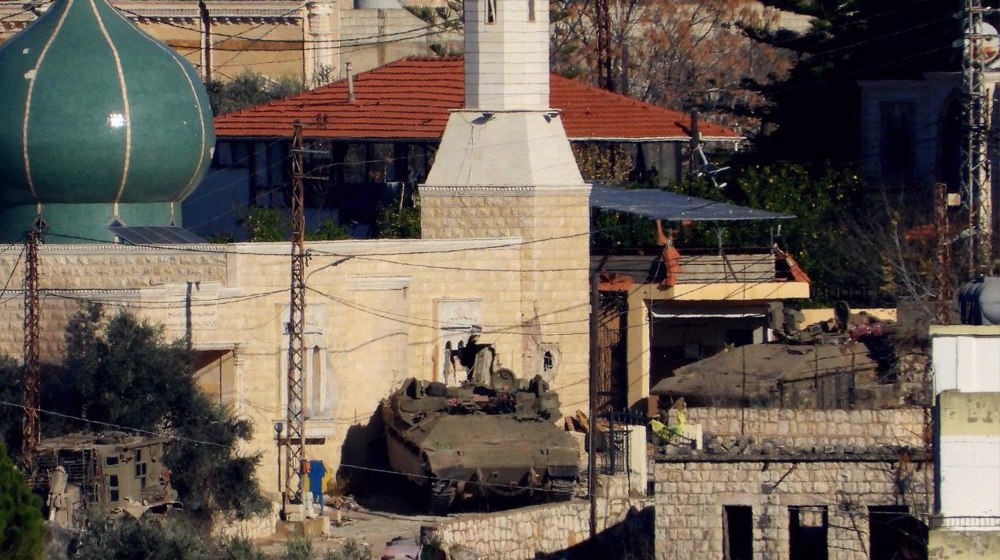Lebanon’s new government must immediately carry out reforms: Hezbollah MP
Lebanon’s new government must have a plan to immediately carry out reforms in the cash-strapped country, says a lawmaker from the Hezbollah resistance movement, stressing that “chances of a solution to the crisis have not been eliminated.”
“The next government needs to have an immediate reform plan… What is now required before the formation of the new government is that the governor of the Central Bank (Riad Salameh) initiates appropriate and practical measures since he is the person who wields authority over the matter,” Hassan Fadlallah said in an event in the southern town of Bint Jbeil on Sunday.
The legislator further noted that the fight against those who manipulate the national currency against the US dollar does not need a government, but rather a judge who takes firm actions against the manipulators.
“We hope that judges will take note of these successive cries. The Ministry of Economy and Trade is trying to monitor the surge in the price of goods, but it is not enough. An action should, therefore, be taken and a number of major business people should be brought to account as price hikes are unjustified,” Fadlallah pointed out.
On October 29, then Prime Minister Sa’ad al-Hariri submitted his resignation to President Michel Aoun.
Under the constitution, Hariri’s cabinet would stay on in a caretaker capacity until a new government is formed.
The protests began on October 17, when the government proposed imposing a tax on Whatsapp calls, along with other austerity measures.
Protesters in Lebanon have stopped blocking roads and setting up barricades, and instead shifted to holding sit-ins at state-affiliated sites.
They say they will maintain pressure on the political establishment until their demands for the departure of the ruling elite and an end to chronic economic mismanagement and corruption are met.
Growth in Lebanon has plummeted in the wake of endless political deadlocks and an economic crisis in recent years.
The country hosts 1.5 million Syrian refugees, and their presence is often blamed for putting pressure on the already struggling economy.
Unemployment stands at more than 20 percent, according to official figures.
The Lebanese Finance Ministry says the national debt is hovering around $85 billion, which accounts for more than 150 percent of Gross Domestic Product (GDP).
Successive governments have failed to address a waste management crisis or improve the electricity grid, which is plagued by daily power cuts.
Tel Aviv tells Damascus Israeli forces will remain in occupied territory: Report
Dec. 22: ‘Axis of Resistance’ operations against Israeli occupation
‘Abhorrent’: Oxfam says only 12 trucks delivered aid in North Gaza since Oct.
VIDEO | Leader receives religious eulogists on Hazrat Fatima birth anniv.
Pope Francis slams Israel’s ‘machine-gunning’ of Gaza children
US hostage-taking of Iranian nationals violation of intl. law: Deputy FM
VIDEO | Carol Singers for Palestine on London’s Parliament Square
Ansarullah says ‘Israeli terrorists’ incapable of confronting Yemen, warns of secret weapons



















 This makes it easy to access the Press TV website
This makes it easy to access the Press TV website